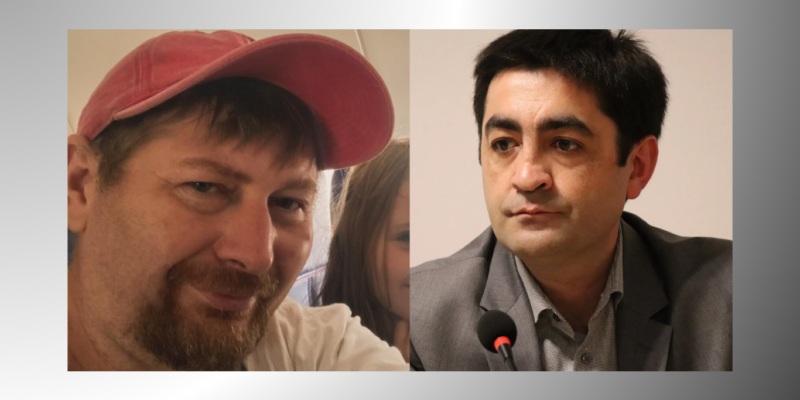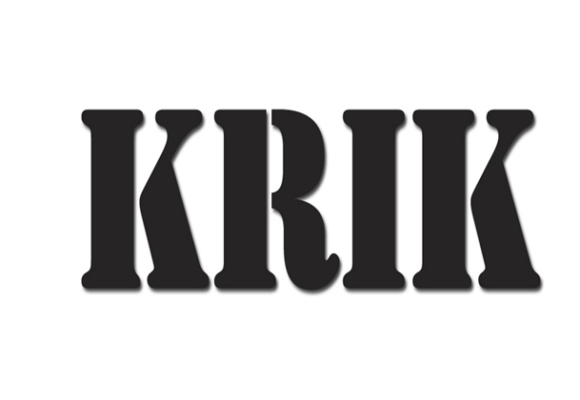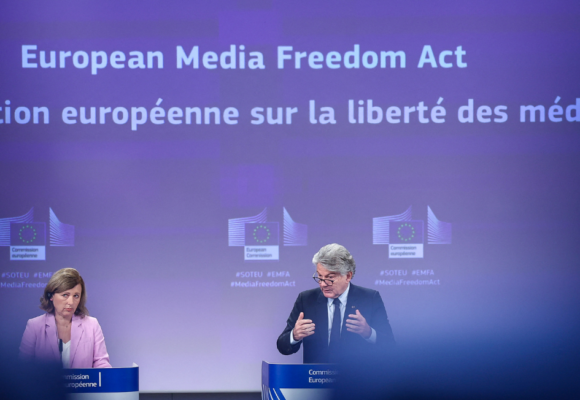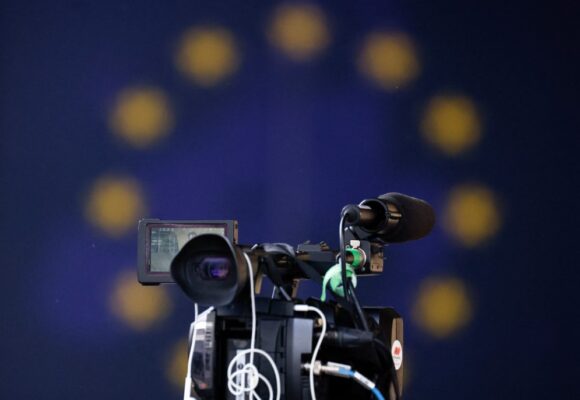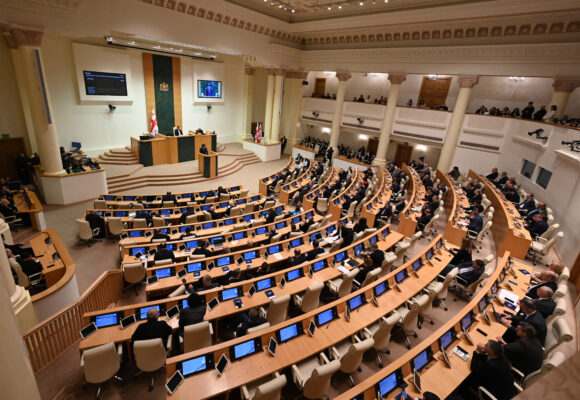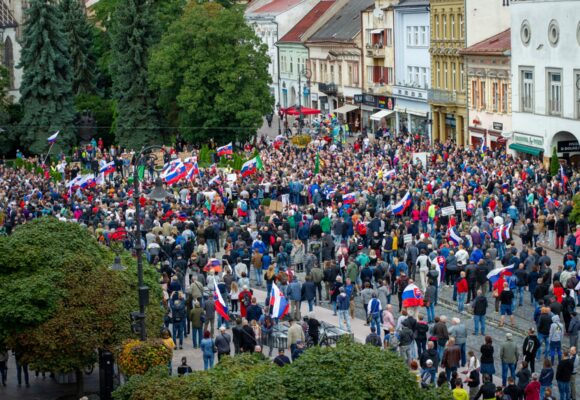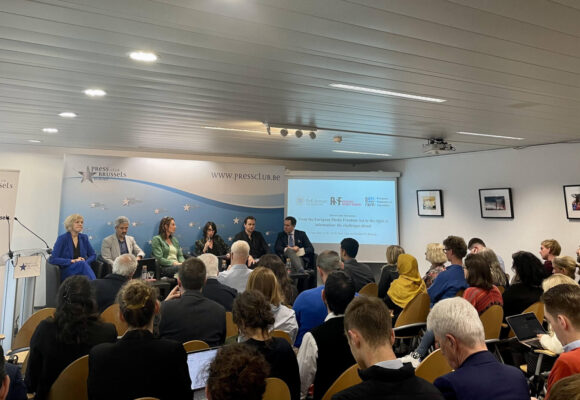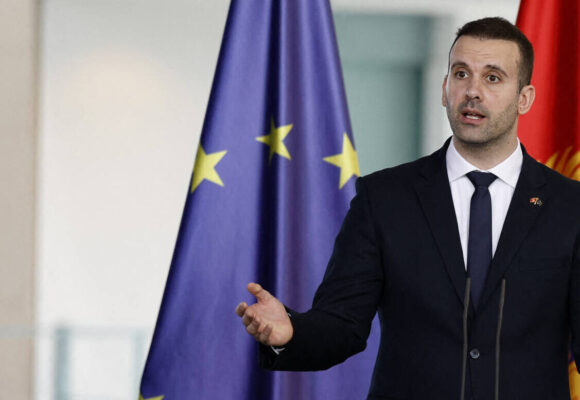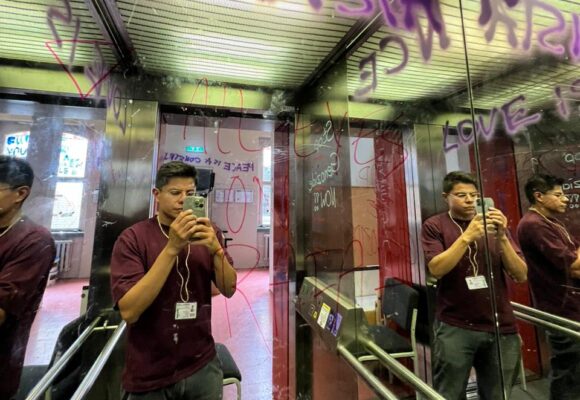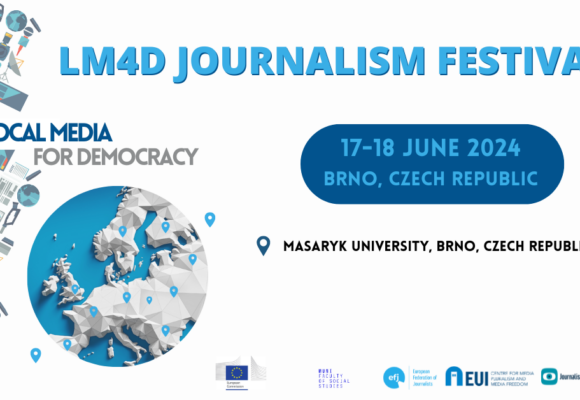Georgia: Exiled Belarusian journalist and Armenian journalist denied entry without explanation
On 15 September, Belarusian journalist Andrei Mialeshka was denied entry to Georgia, where he has lived for the past three years after facing political persecution in Belarus. On 17 September, Armenian journalist Arsen Kharatyan, editor-in-chief of an independent non-profit bilingual Georgian-Armenia media platform Aliq Media based in Tbilisi, was also denied entry to Georgia. The International and European Federations of Journalists (IFJ-EFJ) condemn the denial of entry of both journalists and call on the Georgian authorities to uphold freedom of access for all journalists. Andrei Mialeshka was returning from Poland to Georgia with his daughter and was barred from entering…

